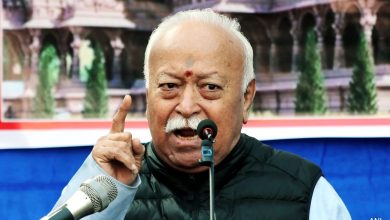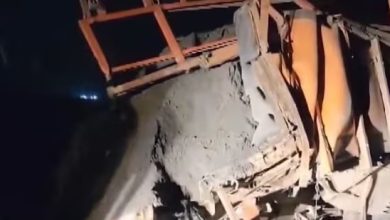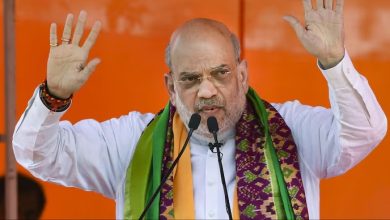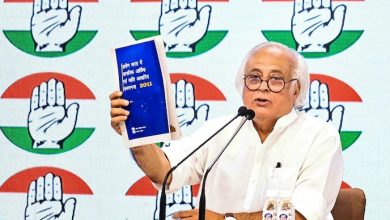Centre Forms Panel On ‘One Nation, One Election’, Ex President To Head It The committee will be headed by former President Ram Nath Kovind.

Whether India can have a “one nation, one election” system, or simultaneous national and state elections countrywide, will be examined by a new committee headed by former President Ram Nath Kovind, sources said today, signalling a big step forward on the long-debated proposal discussed by multiple panels.
The move comes a day after the Centre announced a special session of the parliament from September 18 to 22, without revealing the agenda. The surprise announcement was followed by intense speculation that a bill on ‘one nation, one election’ would be tabled during the session, but no one from the government has confirmed this.
‘One nation, one election’ refers to holding the Lok Sabha and state assembly polls simultaneously across the country, like it was in the first few rounds of elections in India. The BJP and Prime Minister Narendra Modi have spoken on the issue on several occasions, and it was also a part of the party’s manifesto for the 2014 Lok Sabha polls.
Conducting polls simultaneously was the norm in India until 1967 and four elections were held this way. The practice stopped after some state assemblies were dissolved prematurely in 1968-69. The Lok Sabha was also, for the first time, dissolved a year ahead of schedule in 1970 and mid-term elections had been held in 1971.
In its 2014 Lok Sabha Election Manifesto, the BJP had promised to evolve a method for holding the Assembly and Lok Sabha elections simultaneously.
Page 14 of the manifesto had said, “The BJP is committed to initiate electoral reforms to eliminate criminals. The BJP will seek, through consultation with other parties, to evolve a method of holding Assembly and Lok Sabha elections simultaneously. Apart from reducing election expenses for both political parties and Government, this will ensure certain stability for State Governments. We will also look at revising expenditure limits realistically.”
PM Modi had spoken on simultaneous elections in 2016 and, shortly after the Lok Sabha elections in 2019, he had called an all-party meeting to discuss the issue. The meeting had been skipped by several opposition parties.
The Prime Minister has argued that holding elections every few months puts a burden on the nation’s resources and causes a break in governance.
In one of the first political reactions to the setting up of the committee, Communist Party of India General Secretary D Raja told NDTV that the BJP is obsessed with one nation, one party and it has been jittery since the opposition united under the INDIA banner.
“One nation, one election is not a new issue. It has been discussed for several years. Ever since the BJP came to power, it has been obsessed with one nation, one culture; one nation, one religion; one nation, one language; one nation, one tax; now one nation, one election; then one nation, one party; one nation, one leader. That is the obsession the BJP is suffering from,” Mr Raja said.
“Dr Ambedkar said parliament is supreme in our democracy, but the BJP is undermining parliament. Increasingly, our parliament is becoming redundant. But they called a special session. Nobody knows what the purpose is. Ever since the opposition parties came together under the INDIA banner, the BJP has been jittery and desperate. Mr Modi is jittery,” he added.
Experts said making the ‘one nation, one election’ proposal a reality will require a constitutional amendment and the support of two-thirds of the members in both the Lok Sabha and Rajya Sabha.
Assembly polls in five states – Madhya Pradesh, Rajasthan, Chhattisgarh, Telangana and Mizoram – are due in November-December, and the Lok Sabha polls are expected to be held around May next year.





